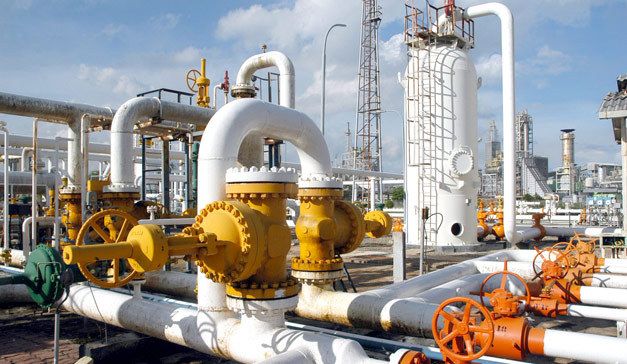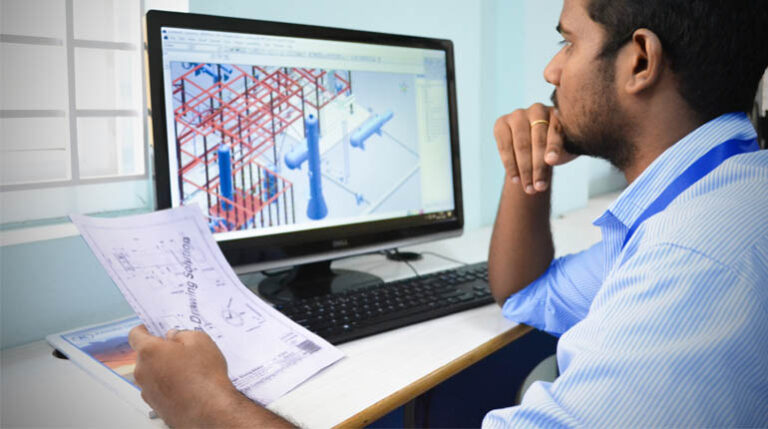In the field of piping design and engineering, ensuring the safety and reliability of piping systems is a top priority. Whether it’s a refinery, power plant, or petrochemical facility, piping systems carry fluids under high pressure and temperature—making stress analysis a critical component of their design. This is where Caesar II training becomes an essential part of a piping engineer’s professional development.
Let’s explore why Caesar II is a must-learn software and how its training can significantly enhance a piping engineer’s skillset and career.
🔧 What is Caesar II?
Caesar II is the world’s most widely used software for pipe stress analysis, developed by Hexagon. It enables engineers to analyze how piping systems behave under various stress conditions such as:
-
Internal pressure
-
Thermal expansion
-
Weight of the pipe and contents
-
Seismic and wind loads
-
Dynamic effects like vibrations
By simulating real-world operating conditions, Caesar II helps ensure that the piping system meets industry standards like ASME B31.1, B31.3, and more.
🎯 Why Caesar II Training is Crucial
1. ✅ Improves Accuracy in Piping Design
Caesar II helps you perform precise stress analysis, reducing the chances of failure or overdesign. Proper training allows engineers to model and interpret complex load scenarios accurately.
2. 🧠 Builds Technical Expertise
Learning Caesar II equips engineers with a deep understanding of stress limits, expansion loops, anchor placement, support selection, and more—making them technically sound and industry-ready.
3. 💼 Enhances Job Opportunities
Companies in oil & gas, petrochemical, and power sectors highly prefer engineers with Caesar II knowledge. Completing a certified Caesar II training course increases your employability and can lead to higher-paying job roles.
4. 🏗️ Helps in Handling Real-World Projects
In real-time projects, piping systems can face dynamic changes. Trained professionals can modify and analyze the piping layout effectively using Caesar II, saving both cost and time for the organization.
5. 🏅 Strengthens Compliance with Global Codes
Caesar II supports a wide range of international piping codes. Engineers trained in this software are better prepared to create compliant and safe piping systems across global projects.
📚 What You Learn in Caesar II Training
-
Basics of pipe stress analysis
-
Hands-on Caesar II interface
-
Load case development
-
Thermal expansion and flexibility analysis
-
Equipment nozzle load evaluation
-
Wind and seismic load integration
-
Code compliance checks (ASME, API, etc.)
-
Report generation and interpretation
🚀 Career Advantages After Caesar II Training
Completing Caesar II training can open doors to several roles, such as:
-
Piping Stress Engineer
-
Piping Design Engineer
-
CAESAR II Analyst
-
Project Engineer (Piping)
-
Engineering Consultant
It also helps in advancing within an organization or switching to higher-responsibility roles in global companies.
🏁 Conclusion
In today’s competitive engineering world, having just a degree is not enough. Specialized skills like Caesar II training set you apart, proving your commitment to quality, safety, and innovation in piping engineering. Whether you’re a fresher aiming to break into the industry or a professional looking to upgrade your skills, Caesar II training is your gateway to success.
















